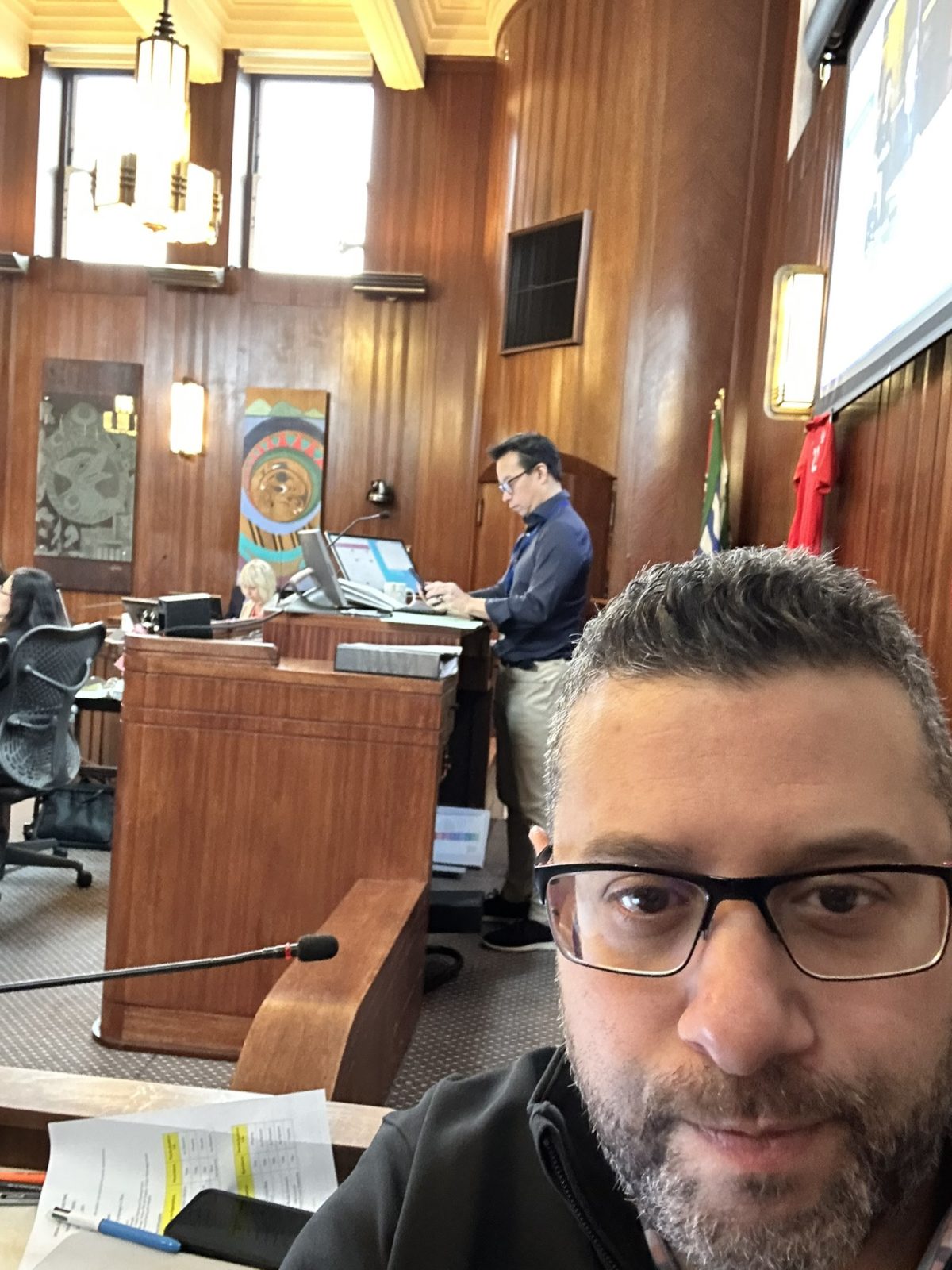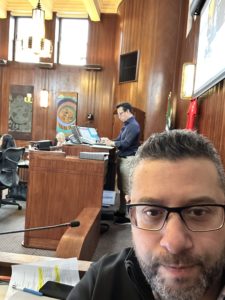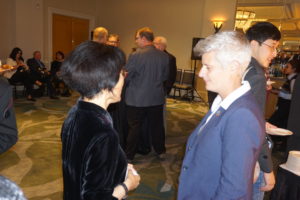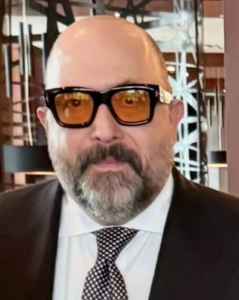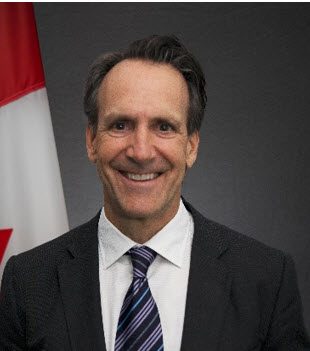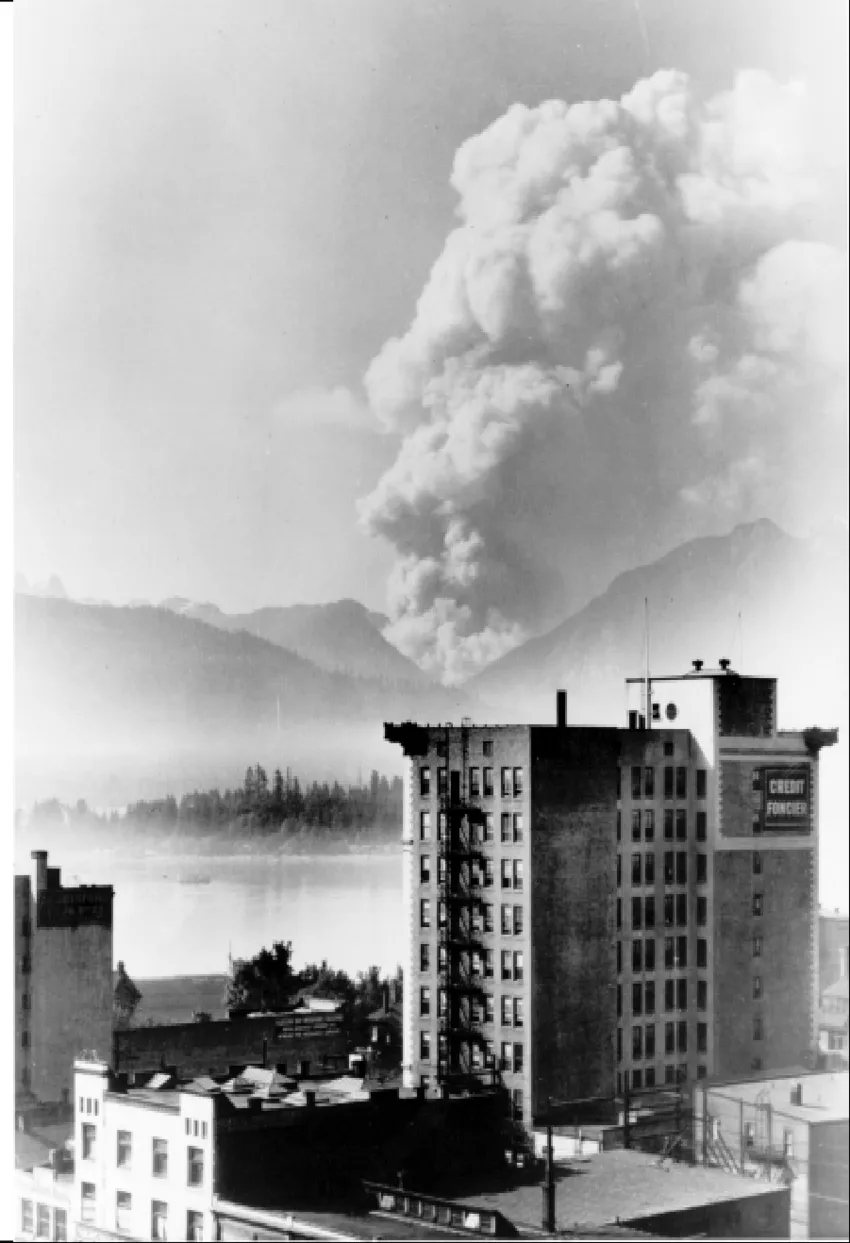Bob Mackin
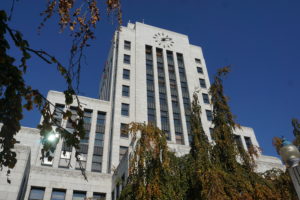
Vancouver city hall (Mackin)
A rival party said the fines that total $11,888 are a “slap on the wrist.” TEAM for a Livable Vancouver president Chris Johnson called for law reforms because the low fines have become “a manageable cost of campaigning.”
Elections BC fined ABC $5,248 for accepting 11 prohibited donations totalling $13,125.74. Sim accepted 12 prohibited donations totalling $14,204.10 and was fined $5,680. Elections BC also fined Sim $960 for failing to return $2,400 in donations.
Elections BC could have issued up to $60,000 in fines, but said ABC co-operated with the investigation and had not been previously penalized.
The investigation, which began in spring 2024, included reviews of the party’s PayPal account, Square payment system and bank statements from the 2022 campaign.
Under the Election Act, an unpaid debt for an election expense is counted as a campaign contribution if unpaid six months after the due date.
Elections BC investigators determined Stewart’s campaign owed $287,792.86 to 13 vendors. Some of those suppliers agreed to payment plans and one, ad agency Point Blank Creative, filed a lawsuit.
“It is estimated the total amount owed to vendors after six months of the debts becoming due is $61,276.79,” said the June 24 Elections BC letter. “In some cases, attempts to enter a payment plan may have gone unanswered,” said the notice. It included a list of six suppliers: Amacon, Loden Hotel (Amacon), Marine Printers, Research Co. and Toptable. The biggest bill was the $18,624.17 owing to Marine Printers.
Forward Together could have been fined as much as $122,553.60.

Mark Marissen (right) with Daoping Bao, his daughter and Sam Sullivan (Marissen/Facebook)
Progress Vancouver was fined $13,740, almost two years after Elections BC deregistered the party and disqualified all of its candidates from running until after the 2026 general local elections.
Progress Vancouver’s founder, longtime Liberal Party operative Mark Marissen, finished fourth in the 2022 race for the mayoralty. .
Elections BC cited Marissen’s party for accepting a contribution other than through a financial agent and accepting a prohibited loan. Both financial agents were also fined for accepting prohibited contributions. One of them also failed to return prohibited contributions.
In the most-serious case, which attracted a $4,500 fine, Progress Vancouver told Elections BC in August 2023 that it accepted a prohibited loan for $45,000. By February 2025, $41,766.20 was still outstanding.
Marissen had originally disclosed to Elections BC that the loan from Jason McLean was worth $50,000 in order “to finance the day-to-day administration of Progress Vancouver’s elector organization office intended to operate on a continuing basis outside campaign periods.”
The McLean loan was due for repayment on the Oct. 15, 2022 election day, subject to a 5% interest rate.
Elections BC had the discretion to fine Progress Vancouver as much as $32,000.
Share
Meanwhile, Elections BC fined Namrata Takkar, the financial agent for Vision Vancouver, $750 regarding two donations from real estate marketer Bob Rennie.
Rennie donated the maximum $1,250 to the party on July 7, 2022. He made another donation, under Robert Rennie, for the same amount on Oct. 14, 2022. Elections BC deemed the second donation illegal and also found that Takkar did not return the contribution within 30 days of becoming aware it was prohibited.
The NDP/Liberal Vision Vancouver coalition dominated civic politics from 2008 to 2018 under then-Mayor Gregor Robertson, who made a comeback in 2025 as the Liberal housing minister under Prime Minister Mark Carney.
In 2024, Vision Vancouver reported $70.92 in contributions.
NEW: Subscribe to theBreaker.news on Substack. Find out how: Click here.
Bob Mackin
Elections BC has ordered Vancouver’s mayor










